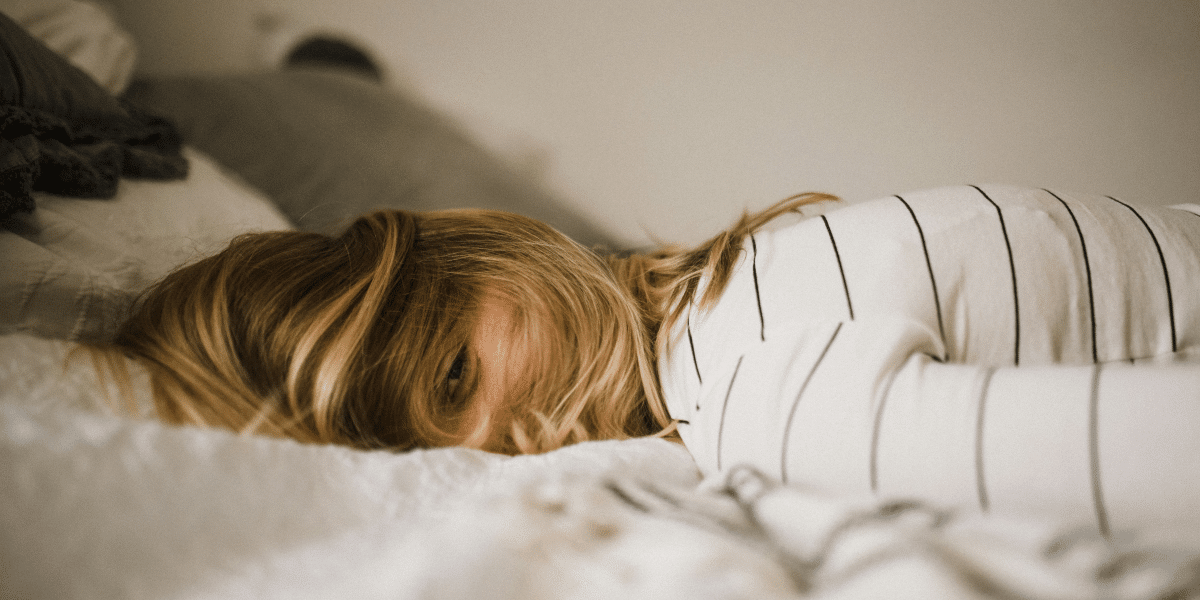By: SEO Mavens
Dentists can play a crucial role in identifying sleep apnea by recognizing symptoms during routine exams, such as tooth wear or jaw issues. While they cannot diagnose sleep apnea definitively, they can refer patients to sleep specialists for further evaluation and treatment, bridging dental and medical care.
Dental clues, such as worn-down teeth or a dry mouth, can also indicate that an adult may have obstructive sleep apnea (OSA), prompting timely referral and intervention.
Signs of Sleep Apnea Noticed During Dental Exams
Dentists can identify sleep apnea through signs such as teeth grinding, jaw pain, and abnormal wear patterns. They may also notice a dry or sore throat, and enlarged tonsils. Recognizing these indicators prompts further evaluation and potential referral to a sleep specialist for a definitive diagnosis.
The Role of Dentists in Diagnosing Sleep Disorders
Dentists are not sleep specialists, but they play a vital role in detecting signs of sleep disorders during routine check-ups. By observing oral symptoms and discussing sleep habits with patients, they can identify potential issues and recommend further evaluation by a sleep specialist for accurate diagnosis and treatment.
How Dentists Collaborate with Sleep Specialists
Dentists often collaborate with sleep specialists by referring patients who show symptoms of sleep apnea. They may provide detailed oral health records and observations to aid in diagnosis. This partnership aims for comprehensive care, combining dental insights with medical expertise to manage sleep disorders effectively.
Oral Health Indicators of Sleep Apnea
Oral health indicators of sleep apnea include worn-down teeth, cracked or chipped enamel, and gum recession. Additionally, patients might exhibit symptoms like dry mouth or a coated tongue. These signs, observed by dentists, can signal sleep apnea and prompt further investigation by a medical professional.
When to See a Sleep Specialist: A Dentist’s Perspective
Dentists may recommend seeing a sleep specialist if they notice signs of sleep apnea, such as severe teeth grinding or chronic jaw pain. Persistent symptoms, like snoring or excessive daytime sleepiness, should also be evaluated by a specialist for accurate diagnosis and appropriate treatment options.
Common Misconceptions About Dentists and Sleep Apnea
A common misconception is that dentists can independently diagnose sleep apnea, but they are not sleep specialists. While dentists can spot signs like tooth wear or jaw issues, a definitive diagnosis requires a sleep study by a medical professional. Dentists play a crucial role in early detection and referral for comprehensive care.
Preventive Measures and Treatments Managed by Dentists
Dentists can manage mild obstructive sleep apnea (OSA) by providing oral appliances, such as mandibular advancement devices, and advising lifestyle changes like weight management and avoiding alcohol. Regular monitoring and adjustments of these devices, combined with collaboration with sleep specialists, ensure effective treatment and address underlying sleep apnea factors.
Dentists can identify potential signs of sleep apnea through oral health observations and symptoms. While they can’t diagnose the condition themselves, they play a crucial role in recognizing issues and referring patients to sleep specialists for a comprehensive evaluation and treatment, ensuring effective management of the disorder.
Disclaimer: This content is for informational purposes only and is not intended as medical advice, nor does it replace professional medical expertise or treatment. If you have any concerns or questions about your health, always consult with a physician or other healthcare professional.
Published by: Nelly Chavez


















